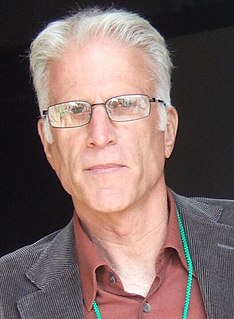A Quote by Simon Mainwaring
Often motivated by a desire to maintain the existing status quo, sloth almost cost the U.S. its auto industry, as it refused for decades to build fuel-efficient cars to compete with Japanese, Korean and European imports.
Related Quotes
Some are motivated by a desire to mould the law to expand the rights of the downtrodden, while other may be motivated by a desire to maintain the Status Quo. Some may even be motivated by a desire to protect what they perceive to be their class interest. And such motives may not always even be conscious to the judges.
When Americans are called on to innovate, that's what we do - whether it's making more fuel-efficient cars or more fuel-efficient appliances, or making sure that we are putting in place the kinds of equipment that prevents harm to the ozone layer and eliminates acid rain. At every one of these steps, there have been folks who have said it can't be done. There have been naysayers who said this is going to destroy jobs and destroy industry. And it doesn't happen because once we have a clear target to meet, we typically meet it. And we find the best ways to do it.


































